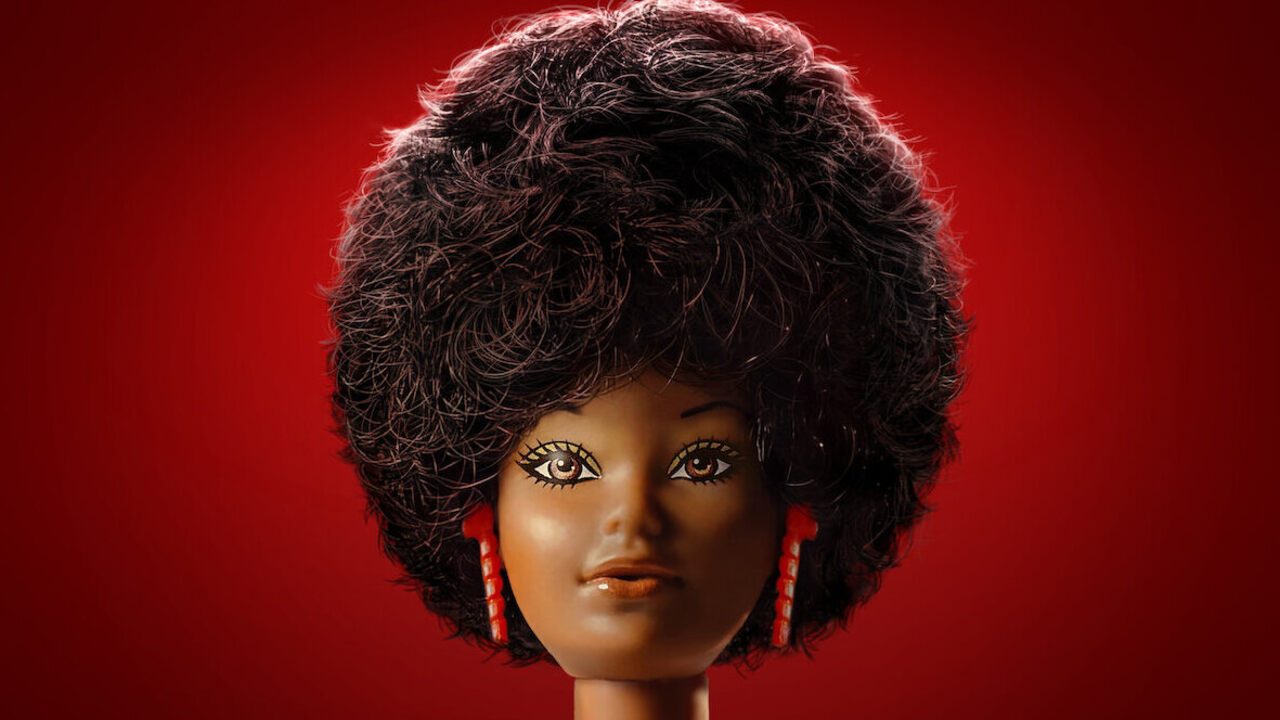
In the realm of cultural milestones, few objects hold as much significance as dolls. They are not just playthings but mirrors reflecting societal values, aspirations, and limitations. "Black Barbie: A Documentary," directed by Lagueria Davis, delves deep into this notion, chronicling the remarkable journey behind the creation of the first Black Barbie doll in 1980. This Netflix release is not merely a historical account but a poignant exploration of representation, identity, and the enduring impact of inclusivity in the toy industry.
At its heart, the documentary is a celebration of resilience and innovation. The documentary elegantly intertwines personal narratives with historical context. It traces the paths of three extraordinary Black women—Beulah Mae Mitchell, Kitty Black Perkins, and Stacey McBride Irby—who defied convention and reshaped the cultural landscape at Mattel. These women, instrumental in bringing Black Barbie to life, embody the spirit of determination and vision that characterized their era. Mitchell's unwavering dedication to Mattel for over four decades resonates as a testament to perseverance in the face of systemic challenges.
Director Lagueria Davis navigates this narrative terrain with finesse, seamlessly weaving personal anecdotes with broader historical context. The film captures the emotional resonance of Mitchell, Perkins, and Irby's experiences, offering viewers a rare glimpse into their triumphs and tribulations. Through insightful interviews and archival footage, "Black Barbie: A Documentary" paints a vivid picture of the transformative power of representation in childhood development.
One of the documentary's greatest strengths lies in its ability to provoke introspection. It forces audiences to confront the stark realities of racial discrimination and the enduring impact of limited representation in toys. Before Black Barbie's introduction, dolls largely adhered to Eurocentric beauty standards, perpetuating harmful stereotypes and eroding the self-esteem of countless Black children. Davis deftly unpacks these complexities, highlighting how toys can serve as potent tools for shaping self-identity and fostering cultural pride.
What resonates most deeply is the film's unyielding commitment to authenticity and empowerment. It underscores how toys transcend mere playthings, becoming potent agents of self-actualization and cultural pride. The documentary deftly illustrates how Black Barbie became not just a doll, but an emblem of possibility for generations of children who had previously been sidelined by limited representations.
While the film excels in many respects, it occasionally glosses over broader cultural implications. Viewers may find themselves yearning for deeper insights into the societal reverberations of Black Barbie's debut and the broader implications for racial equality in the toy industry. Despite this minor critique, the documentary's emotional resonance and historical significance remain undeniable.
Visually, "Black Barbie: A Documentary" is a feast for the eyes. Davis employs a cinematic palette that oscillates between nostalgia and contemporary urgency, capturing the essence of each era with precision. The juxtaposition of archival footage with present-day interviews creates a compelling narrative tapestry, inviting viewers to bear witness to the evolution of cultural norms and societal attitudes.
In conclusion, "Black Barbie: A Documentary" stands as a testament to the power of storytelling and cultural reclamation. It serves not only as a historical document but also as a rallying cry for inclusivity and representation in all facets of society. Lagueria Davis has crafted a film that transcends the boundaries of its subject matter, resonating with audiences of all ages and backgrounds. For anyone seeking a nuanced exploration of identity, culture, and the transformative potential of toys, this documentary is essential viewing. Prepare to be moved, enlightened, and inspired by the indelible legacy of Black Barbie.
Final Score- [8.5/10]
Reviewed by - Anjali Sharma
Follow @AnjaliS54769166 on Twitter
Publisher at Midgard Times
Hi Everyone, after a due consideration, we have decided that we will be open for donations to help us in managing our website. We will be greatful for any kind of amount we receive. Thanks!
— Midgard Times 🎬 (@Moviesr_net) January 4, 2026
PayPal- [email protected] pic.twitter.com/DlNNz5Npm5
Get all latest content delivered to your email a few times a month.
Bringing Pop Culture News from Every Realm, Get All the Latest Movie, TV News, Reviews & Trailers
Got Any questions? Drop an email to [email protected]